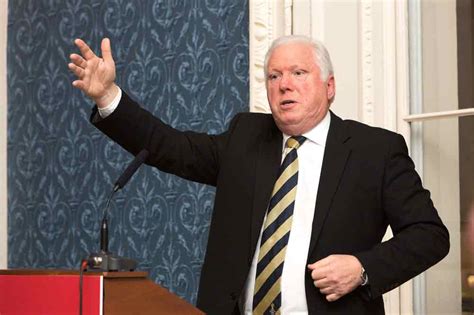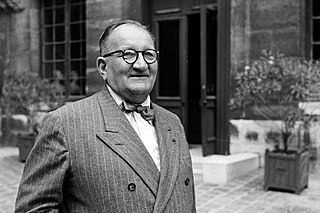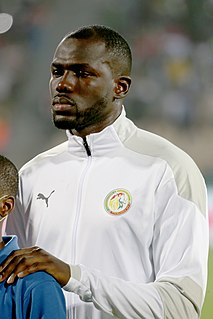A Quote by Niall FitzGerald
With every decisions we make, the last question we ask is what does the consumer think of this.
Related Quotes
The question I'm always asking myself is: are we masters or victims? Do we make history, or does history make us? Do we shape the world, or are we just shaped by it? The question of do we have agency in our lives or whether we are just passive victims of events is, I think, a great question, and one that I have always tried to ask.
Why are there organized beings? Why is there something rather than nothing? Here again, I fully understand a scientist who refuses to ask it. He is welcome to tell me that the question does not make sense. Scientifically speaking, it does not. Metaphysically speaking, however, it does. Science can account for many things in the world; it may some day account for all that which the world of phenomena actually is. But why anything at all is, or exists, science knows not, precisely because it cannot even ask the question.
...here also forgiving does not mean excusing. Many people seem to think it does. They think that if you ask them to forgive someone who has cheated or bullied them you are trying to make out that there was really no cheating or bullying. But if that were so, there would be nothing to forgive. (This doesn't mean that you must necessarily believe his next promise. It does mean that you must make every effort to kill every taste of resentment in your own heart - every wish to humiliate or hurt him or to pay him out.)
Look at every path closely and deliberately. Try it as many times as you think necessary. Then ask yourself and yourself alone one question. This question is one that only a very old man asks. My benefactor told me about it once when I was Young. And my blood was too vigorous for me to understand it. Now I do understand it. I will tell you what it is: does this path have a heart? If it does, the path is good. If it doesn't, it is of no use.
Sometimes people ask me this question in interviews and it is very difficult to answer. They say, 'Kouli, how does it feel when the fans make these racist howls at you? Does it bother you? What should be done?' I think that until you have lived it, you cannot really understand. It is such an ugly thing, and it is hard to talk about.
I think there is, not in the sense that I enjoy it, but that it's an important question. It's the question, "Does the presence of pain mean God doesn't care? Does God not love me anymore?" I think that's a very common connection we tend to make. I see that a lot in my own life and in the lives of others.































